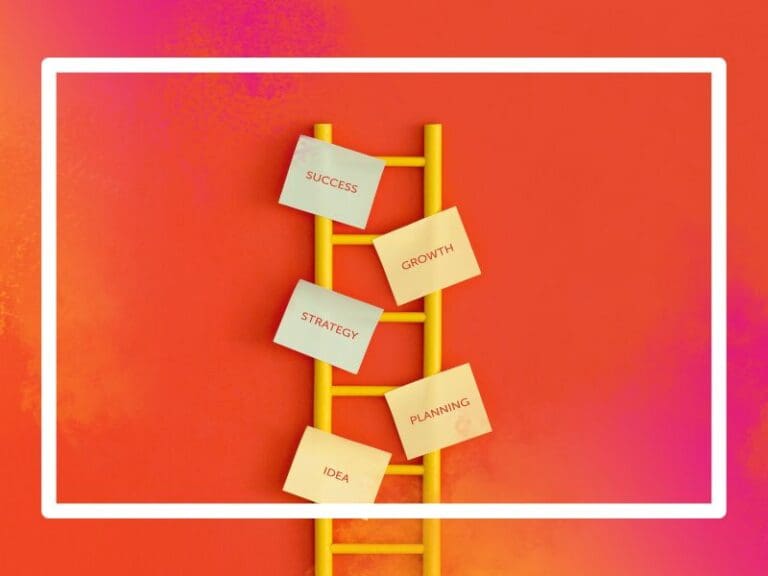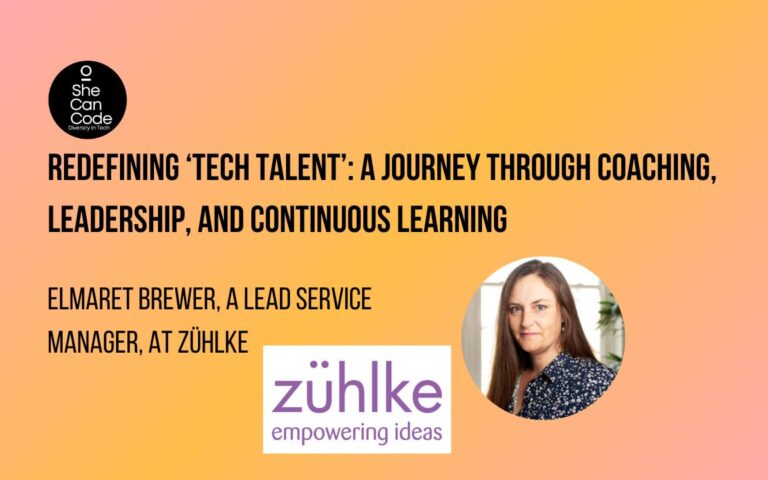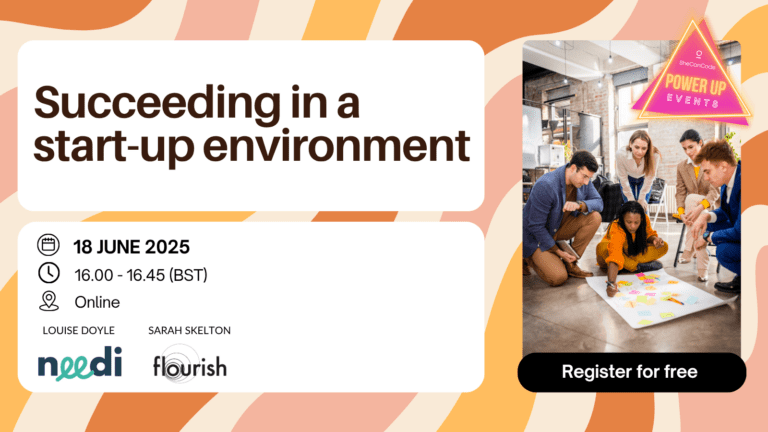I began my journey into tech in 2019 when I was accepted onto a course sponsored by the BBC to get more women into tech roles.
This course was run by a great company called Tech Returners and over the 3 months it gave me the tools and confidence to pursue a career as a software developer.
Before I made a move into tech, I had a wide range of experience in the customer service industry which included managing and developing people, something I’m still passionate about. I have travelled and lived in various countries around the world and have done a variety of jobs from working on a parrot farm to training to be a ski instructor.
My education background is different again. I have a BA in Performing Arts, which I’m sure you can agree has nothing to do with tech!
Can you tell me more about your experience at Dunelm and how you’ve enhanced the user experience on their website, especially focusing on the basket experience?
I’ve worked at Dunelm since 2021 and have worked in a few different teams in that time. My experience has overall been a very positive one, of course there are ups and downs in any role or company, Dunelm has been a hugely supportive and challenging (in a good way) place to work.
My teams most recent piece of work has been on improving the basket experience for our customers by completely redesigning the service and making sure our users have a smooth, speedy experience when purchasing our products. We’ve done this by refactoring existing code and even starting anew on components that we’ve learnt can work in a better way.
How do you balance between front-end and back-end development in your role and which aspect do you find more challenging or rewarding?
I feel lucky to work on a team where we work in both the front and back-end. The bulk of my experience and comfort lies in the front-end, so I definitely find the back-end work more challenging, but it does feel a lot more rewarding when I can get something working in the back-end or when I can finally understand how something works that seemed like magic before.
Our team have a great PM, Krupa Patel, who ensures there isn’t much context switching day to day and that really helps to ensure we can do our best work, whether that be in the front-end or in the back-end. I really enjoy the variety of work and balance that we have in our team.

What motivated your career switch into tech, and how has your background in solving puzzles influenced your approach to software development?
My motivation behind my career switch into tech was that I wanted to pursue a career where I knew I would be challenged. I had always enjoyed IT at school and grew up in a family where both my parents worked in tech, so I knew it was a solid career option. After doing some growing up and getting past the “I don’t want to do what my parents do” mindset, I took the leap to learn how to be a software developer and haven’t looked back since.
I’ve always loved puzzles and puzzle games and think that enjoyment has helped with problem solving technical tasks and issues. My favourite type of tickets to do at work are bug tickets where I can investigate what is causing a problem and create a solution to fix it.

Could you share a significant challenge you’ve faced in one of your tech roles and how you overcame it?
I really struggled as a junior engineer in one of my previous roles as I was working with a language that I hadn’t used before and didn’t have the confidence or guidance to transfer the skills and experience that I did have into developing with a new language.
I overcame those struggles by reaching out to my fellow developers who didn’t know that I was having a hard time, and they really helped me to understand the similarities between the languages I knew and the one I didn’t. Pair programming with them was a game changer for my career, not only because I began to feel more confident in my work there, but I also realised that there’s never such a thing as a stupid question.
The most important thing I learnt that I still remind myself of today, is that no one expects you to know anything. Asking questions and not knowing things is not only fine, but also expected.
How do you stay updated with the latest trends and technologies in the tech industry, and how do you incorporate them into your work?
Staying up to date with new trends and technologies is something that I find really difficult. There are so many new things coming out all the time that I struggle to sift through to the pieces that could be beneficial for me and my work.
I am grateful that Dunelm is a very open workplace and is great at communicating new and exciting technologies to all colleagues across tech through various Slack channels. These can sometimes just be interesting advances in technology that provide a good talking point, or they can be relevant updates to tech that we already use that could make our working lives better and more efficient.
What advice would you give to someone preparing for tech interviews, based on your own experiences?
My advice would be to show up at any interview as your authentic self. You’ve got an interview for a reason and although they can be very daunting, you need to be yourself to make sure that the role is right for you and you’re right for the role. It’s important to remember that an interview is also a chance for you to decide if the company is a good fit for you too. I’m a firm believer in everything happening for a reason and if you’re not successful in a tech interview, then a better role which will be perfect for you will be just around the corner!
Looking ahead, what are your professional goals in the tech industry, and how do you plan to achieve them?
I’m at a point in my career where I’m trying to decide what I want to achieve. Returning to work after a year on maternity leave has helped me realise that I want to have a plan in place to progress and have a goal for where I want to be. I’m still in the process of working that out, but I’m making sure that I’m not stagnant in the meantime. Getting involved in different initiatives, working groups and guilds means that I can grow my network, enhance my skills and hone in on what exactly it is that I would love to achieve for myself in 5, 10 or even 20 years time.







